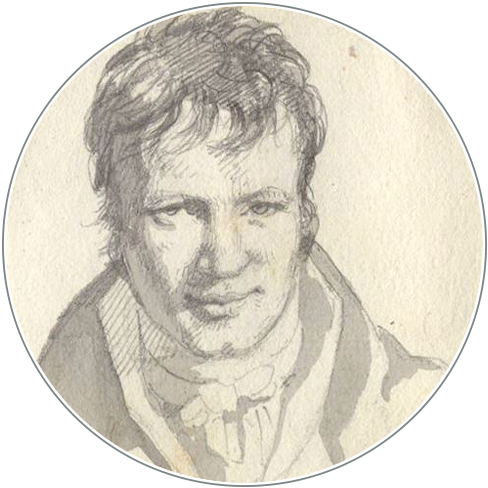En el reino de la ambivalencia. La Cuba de Alejandro de Humboldt (<i>Relation historique du Voyage aux Régions équinoxiales du Nouveau Continent</i>)
DOI:
https://doi.org/10.18443/13Palabras clave:
1799-1804, Cuba, Relation historiqueResumen
Zusammenfassung
Eine besondere Rolle in Alexander von Humboldts amerikanischen Reisebericht spielt die Insel Cuba. Im Angesicht ihrer kolonialen Sklavereiwirtschaft gerät die optimistische Geschichtsphilosophie der europäischen Aufklärung in eine Krise, und die Widersprüche des Humboldtschen Diskurses treten zutage. Dieses Phänomen läßt sich insbesondere literaturwissenschaftlich analysieren: Alexander von Humboldt entwirft Cuba als einen poetischen Raum, in dem alles mehrdeutig wird. Der Text gestaltet bereits die Annäherung während der Überfahrt aus Venezuela dramaturgisch als Irritation der Wahrnehmung; der Landgang in Havanna wird inszeniert als Kontrast gegensätzlicher Eindrücke; die symbolisch-topographische Funktion Cubas in Humboldts geographischer Imagination ist eine in verschiedener Hinsicht intermediäre; und sogar Humboldts philosophisch-ästhetische Terminologie erfährt in Cuba eine semantische Aufladung mit einem ökonomisch-politischen Doppelsinn.
Abstract
Cuba has a special role in Alexander von Humboldt’s American travel narrative: Humboldt’s experience of colonial slave economy drives his optimistic philosophy, inspired by European Enlightenment, into a crisis, and brings to surface the inherent contradictions of his discourse. This phenomenon is particularly interesting from the perspective of literary criticism: Alexander von Humboldt conceives Cuba as a poetic space, where contradictions and ambivalences coexist. Already on the boat to the island from Venezuela he creates destablizing effects of sensual perceptions. He stages his landing in Havana as a moment of oppositional impressions. Within the symbolic topography of his geographic fantasy, Cuba functions as an imaginary in-between space. And Humboldt’s philosophical and aesthetic terminology undergoes a semantic recoding in Cuba: what was once used in a philosophical and aesthetic sense, now has become charged with an economic and political meaning.
Publicado
Cómo citar
Número
Sección
Licencia
Derechos de autor 2001 Oliver Lubrich

Esta obra está bajo una licencia internacional Creative Commons Atribución-NoComercial 4.0.
Los derechos de los artículos enviados permanecen en manos de los/as autores/as y se publican bajo una licencia CC (CC BY-NC 4.0). Todos los/as autores/as que publican en HiN aceptan este modelo de licencias.
Es responsabilidad de los/as autores/as obtener la autorización necesaria para la publicación de imágenes.
Los derechos del Diseño de Impresión y el diseño de la revista no son transferibles y no pueden reutilizarse de ningún modo para otras publicaciones sin previa aprobación de HiN.








